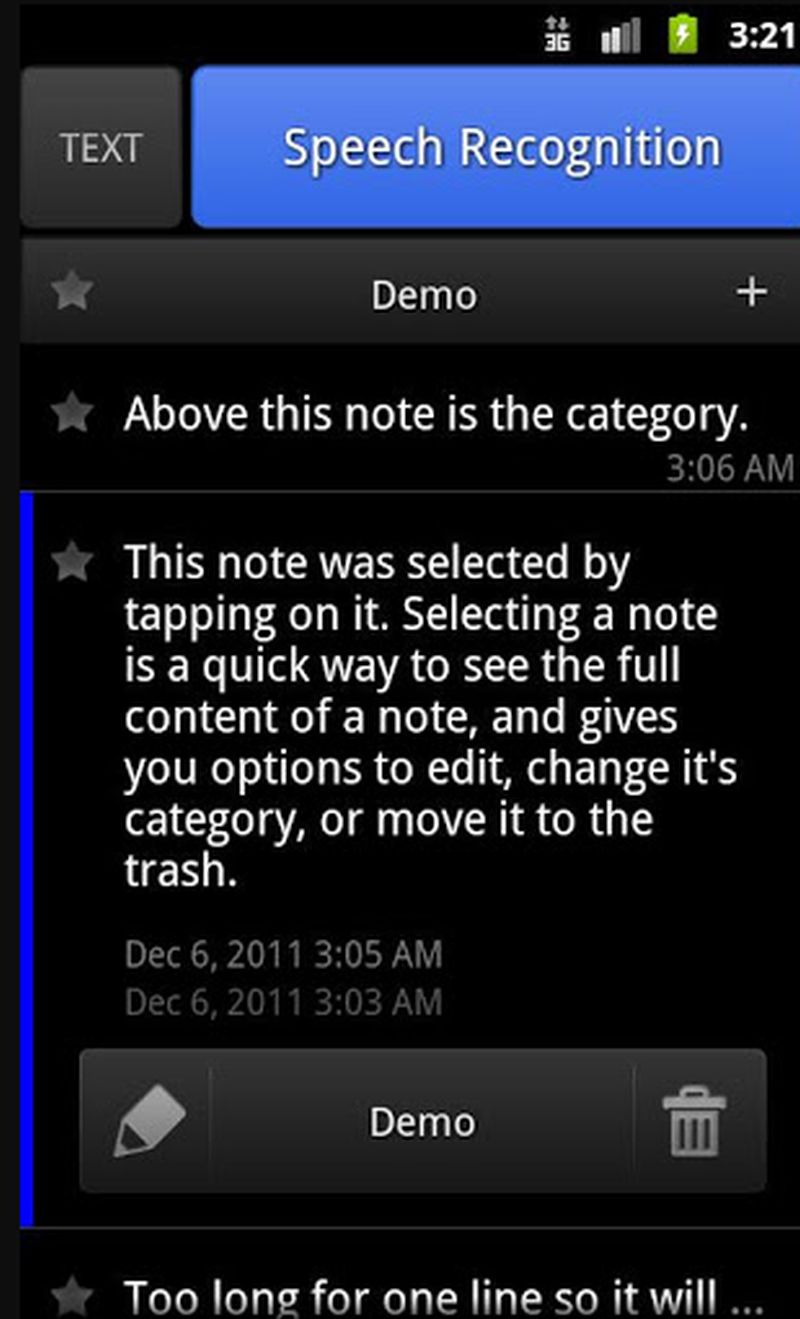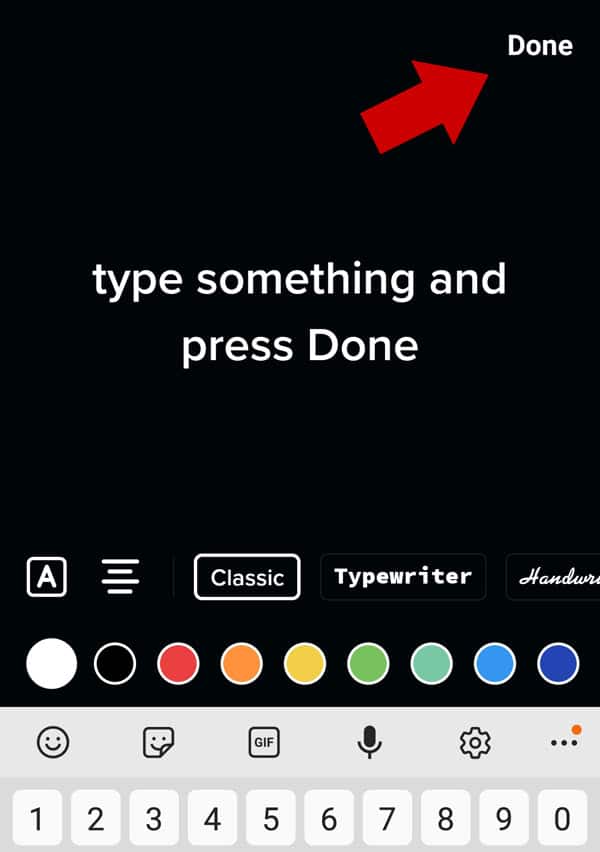

It's thought the term is a direct result of 'subscription culture', where anything can be cancelled at the click of a button. It's frequently used when speaking about celebrities who're considered no longer relevant, or have said or done something unacceptable, but it can also refer to other things - from a fashion trend through to an emotion. Spotted by the New York Times almost a year ago, this one has since made its way across the pond.
TEXT SPEEK HOW TO

It's pronounced similarly to 'skirt', but usually in a high-pitched tone, and was first popularised in rap songs, to convey the rapper trying to get away from something. The easiest way to understand this term is to think of the sound a car makes as it's driving away at high speed, with its wheels screeching - or, if you remember such things, pulling a needle off a record. Skrrt: Rapidly leaving/expression of excitement Other abbreviations include PWOS (parents watching over shoulder) and PWOMS (parents watching over my shoulder). Today's teen will use the POS abbreviation to signal that a parent is near and can see what's being typed on a device. Young people attaching their own meaning to words is nothing new (Image: PA) POS: Parents over shoulder

"Peppering their everyday speech with slang terms known primarily or exclusively within the peer group helps to solidify the new social bonds," says Dorman.īut if you're not part of the gang and are 'just' a parent, you may need help translating teen-speak, so here Dorman shares some of the most popular teen slang, and their meanings. So when a teenager uses a slang term in the right context, it shows their links with a specific group or gang. Most pet owners would INSIST on keeping the family dog after a break-upĭorman reckons such language creativity is part of a teenager's cognitive development, which sees them asserting their independence from their family and forging strong social connections with peers.
TEXT SPEEK DRIVERS
"Adolescents are generally the primary drivers of language change - they're more daring and creative with regards to language, and they innovate much more than speakers in other age brackets." Read More Related Articles And while it may be annoying for us oldies, young people attaching their own meaning to words is really nothing new.Īs Jennifer Dorman from the language app Babbel explains: "Slang is, by definition, just informal language. POS alert - Skrrrrrrrt! Yes, if you have teenagers, you know how frustrating it is when they start using phrases and words you don't understand.Īnd then there are the endless acronyms - leaving befuddled parents trying different word combinations to see if they can work out what's been said.īut that's kind of the point.


 0 kommentar(er)
0 kommentar(er)
